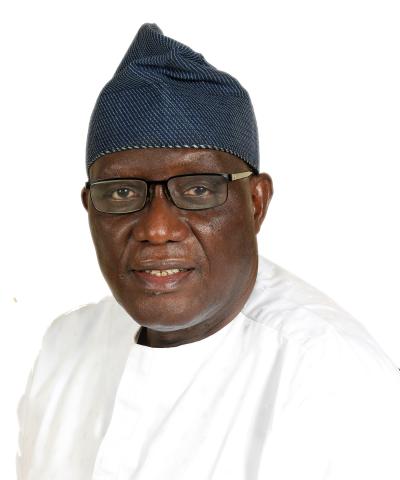
The National Open University of Nigeria (NOUN) has taken a step to address the shortage of trained student counsellors by launching a Massive Open On-line Course (MOOC) on student counselling, recognizing the pressing need for adequate counselling services within the university.
The university has developed the MOOC-like short course to equip faculty and staff with the necessary skills and knowledge to effectively support students facing various challenges.
The Vice-Chancellor, Prof. Olufemi Peters, who delivered a compelling opening speech at the training, underscored the critical role of student counselling in nurturing a conducive learning environment.
He emphasised the importance of mental health and well-being in academic success, stating that “Adequate support and guidance are essential for our students to thrive academically and personally.”
Acknowledging the challenges faced by the university due to the shortage of trained counsellors, he outlined the university’s commitment to addressing this issue. “We recognise the need for more trained professionals in student counselling, and we are dedicated to enhancing our support services for students.”
Peters praised the Dean of the Faculty of Education, Prof. Bamikole Ogunleye and his staff for their work in creating the student counselling short-course, and expressed gratitude for their dedication and foresight in addressing the need for trained counsellors within the university.
“The Faculty of Education has demonstrated exceptional leadership in recognising and responding to the shortage of student counsellors in NOUN. Their commitment to developing this short-course reflects our university’s ethos of innovation and excellence in education,” the VC said.
The student counselling short course, designed in collaboration with the Directorates of Learning Content Management System (DLCMS) and Learner’s Support Services (DLSS) along with experts in psychology and education, covers a range of topics, including counselling techniques, crisis intervention and psychological assessment.
Peters encouraged participants to actively engage in the course and apply the knowledge gained to foster a supportive and inclusive learning environment at NOUN.
In his welcome address, the Dean, Faculty of Education, Prof. Bamikole Ogunleye, shed light on the issue of the shortage of student counsellors within the university, highlighting its impact on students and the relevance of counselling in the Open and Distance Learning (ODL) system.
With only about 40 student counsellors spread across over 110 study centres nationwide, he emphasised the challenges faced by students in accessing counselling services and the negative effects of this shortage on students’ academic performance and overall well-being.
“The lack of adequate counselling support impedes on the students’ ability to cope with academic stress, personal challenges, and other issues they may encounter during their academic journey,” he stated.
Ogunleye also highlighted the unique importance of counselling within the context of NOUN’s ODL system. “In the absence of traditional face-to-face interactions, student counselling plays an important role in providing personalised support and guidance to our diverse student body.”
On her part, the programme coordinator, Prof. Dorothy Ofoha, informed the participants on what they were expected to achieve at the end of the training, which included demonstrating the use of communication skills in counselling, conduct of counselling with the awareness of ethical issues, utilisation of appropriate counselling techniques in responding to issues raised by learners, among many others.
The Director, Directorate of Learning Content Management System (DLCMS), Dr. Lukman Bello, provided a brief demonstration to the participants on how to navigate the short-course platform and advised them to take their time to familiarise themselves with the activities and layout of the platform for optimal results.

